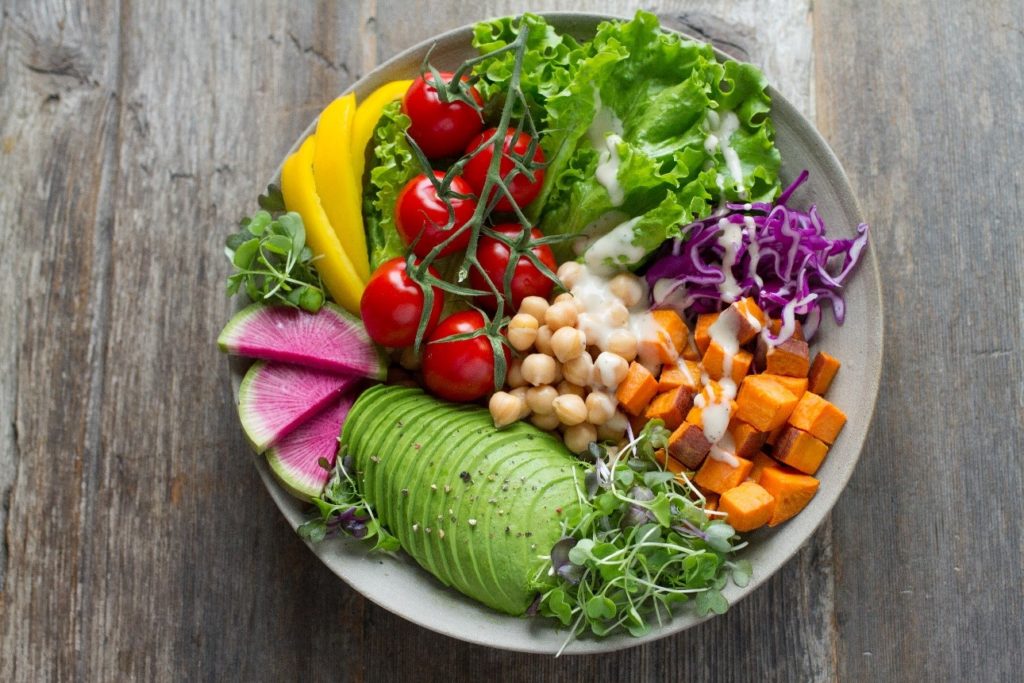
The gut microbiome refers to all the microorganisms that live in the gut. Humans have between 300 – 500 different species of bacteria in their digestive tracts, both healthy and unhealthy (Journal of Gastroenterology & Hepatology). At the beginning of life, bacteria are passed from the mother to the baby and thereafter, bacteria are picked up or killed off throughout the lifespan. While the gut plays an important role in digesting food and allowing the body to absorb essential nutrients and minerals, that is not all it does. Imbalances in the gut microbiome have been linked to stomach conditions (bloating, constipation, diarrhea, and heartburn), eczema, allergies, asthma, cognitive problems, poor sleeping patterns, and even a weakened immune system.
There are 100 million nerve cells in the gut and studies have found that 90% of the body’s serotonin receptors are found in the gut and only 10% in the brain. Serotonin is known as a “happy” chemical, as it contributes to feelings of well-being and happiness. As most of the body’s serotonin receptors are found in the gut, it is often referred to as the “second brain”. Research has found that a relationship exists between the gut microbiome and mental health, which is known as the gut-brain axis. Disorders such as depression and anxiety have been linked to disruptions within the gastrointestinal tract (International Journal of Medical Case Reports).
This means that what we eat can maintain or disrupt the balance in our gut, which can have an effect on our mental health. This doesn’t mean you have to give up pizza or sweet treats, it just means eating in a way that can sustain a balance within the gut microbiome. There are certain foods that can help to sustain this balance:
- Eat high-fiber, prebiotic foods such fruit, vegetables, oats, lentils and berries, bananas, garlic, onions, avocado, blueberries, apples, spinach, nuts, and seeds – all of which feed healthy gut bacteria
- Minimise the amount of refined and artificial sugar that you consume, as this causes an increase in unhealthy gut bacteria
- Avoid consuming too many processed foods such as tinned food, instant noodles, and soda
- Eat fermented foods which are rich in probiotics (healthy bacteria) such as plain yogurt (milk), kefir (milk), kimchi (cabbage), kombucha (tea), or miso (soya beans)
- Drink at least 8 – 10 glasses of water a day
- Get enough sleep for your body
Remember to always consult your doctor if you experience any sudden or severe changes regarding your physical or mental health.
A happy gut = a happy mind!
written by Sanisha Vala, Clinical psychologist & Trauma Sensitive Yoga Facilitator
